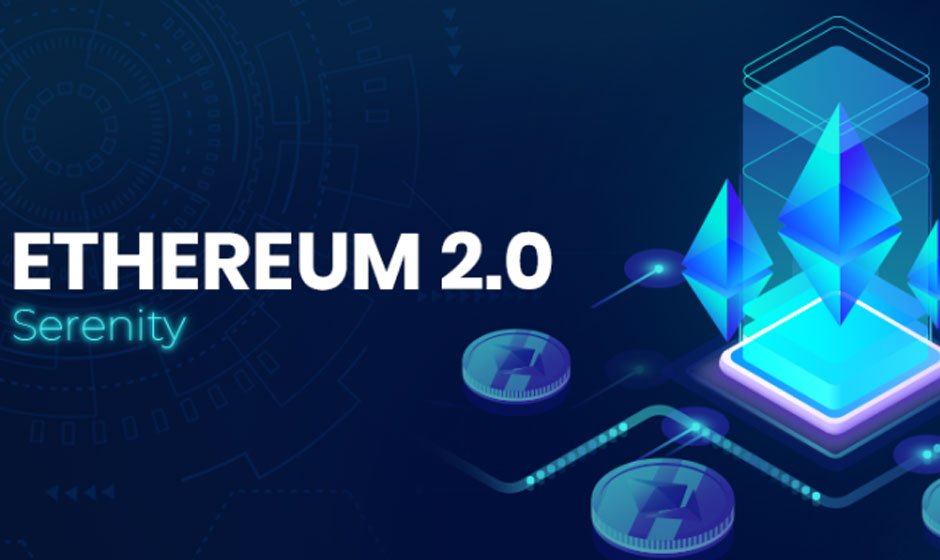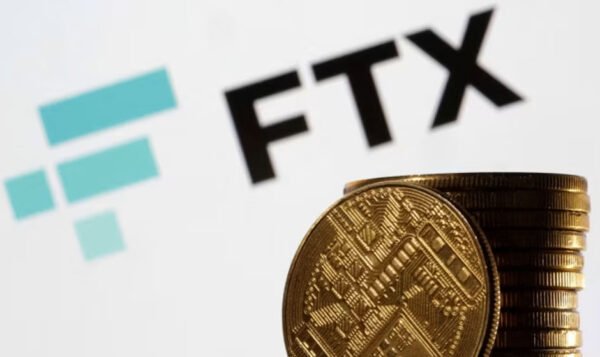What is Ethereum 2.0 and why is it considered so important?

A significant development in blockchain and cryptography was Ethereum 2.0. Although the word “ETH2” has evolved, Ether is still a dynamic and proactive platform. Under the visionary guidance of co-founder Vitalik Buterin, Ethereum has continuously evolved since its inception. The project’s journey began with Buterin’s press release in 2013, but the Ethereum network did not materialize until 2015. The Ethereum network once used ether as a means of payment for transactions and continues to operate today. This path underscores Ethereum’s continued commitment to innovation and flexibility while opening opportunities for DApp and blockchain technology. Additionally, if you want to know more about investments and firms, you may visit quantum-predex.com.
What are the benefits of Ethereum 2.0?
Ethereum’s blockchain technology represents a major innovation known as Ethereum 2.0, commonly referred to as ETH2 or Serenity, which aims to take it to new heights. Nonetheless, ETH2 isn’t the main development, it is a multi-stage project that means to significantly expand the TVL (Complete worth locked) of the ecosystem. This requires the collaboration of designers and takes time. Ethereum 2.0 will arise continuously all things being equal. Beacon Chain, which furnishes a PoS mechanism that coordinates with the current PoW network and has gone through thorough testing, was sent off in the primary stage, Phase 0, in 2020. As a component of the slow progress to ETH2, Ethereum went through a hard fork called London in 2021. This fork improved gas price stability and added deflation to the protocol’s monetary policy. Each stage brings new usefulness and further developed execution, at last prompting a definitive objective of Ethereum 2.0 – a total PoS network. This change features Ethereum’s commitment to versatility, strength and a more effective consensus mechanism.
Advantages of ETH2: Scalability, Sustainability and Security
Ethereum 2.0 and its expected improvements are set to usher in a new era of benefits that are set to attract many developers to its network. The upcoming update brings three main improvements:
- Scalability:
For Ethereum to effectively meet the demands of applications, it should uphold huge number of transaction each second (TPS) rapidly and cost-effectively. This challenge is tackled by the interaction of sharding and the proof of stake (PoS) consensus algorithm. By carrying more nodes into the ecosystem, Ethereum expects to accomplish a higher TPS without expanding energy utilization, which promises huge versatility benefits.
- Sustainability:
Ethereum 2.0 responds to environmental concerns and industry efforts to reduce carbon footprints. The current Proof of Work (PoW) consensus algorithm consumes considerable energy. The transition from Ethereum 2.0 to PoS eliminates mining, which significantly reduces energy consumption. Ethereum founder Vitalik Buterin foresees a more than 1,000-fold increase in energy consumption, promoting a more sustainable blockchain ecosystem.
- Security:
Building user trust and institutional acceptability requires a strong information security framework. This need is met by enhanced network security in Ethereum 2.0. A key component of Ethereum 2.0, the Beacon Chain, was created specifically to improve network security and reduce the possibility of malicious attacks. Scalability, sustainability, and security are the trifecta of Ethereum 2.0, which will not only improve the Ethereum network but also establish new standards for blockchain networks in terms of effectiveness, responsibility towards the environment, and sustainability.
Security controls other than Ethereum 2.0?
ETH2 conquered the world through its top features and innovative technology. But its scalability is a definite advantage. The sharding feature of Ethereum 2.0 is used to improve the amount of transactions that can be exchanged on the network and to authenticate and cross-check more than 15,000 transactions at once. This is one of the best features that makes Ethereum more potent than Ethereum, though. Even though it will support 32 events per second, it still reports delays if they happen in the middle of events.



